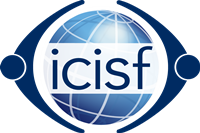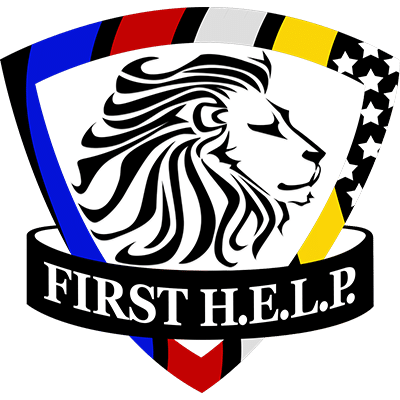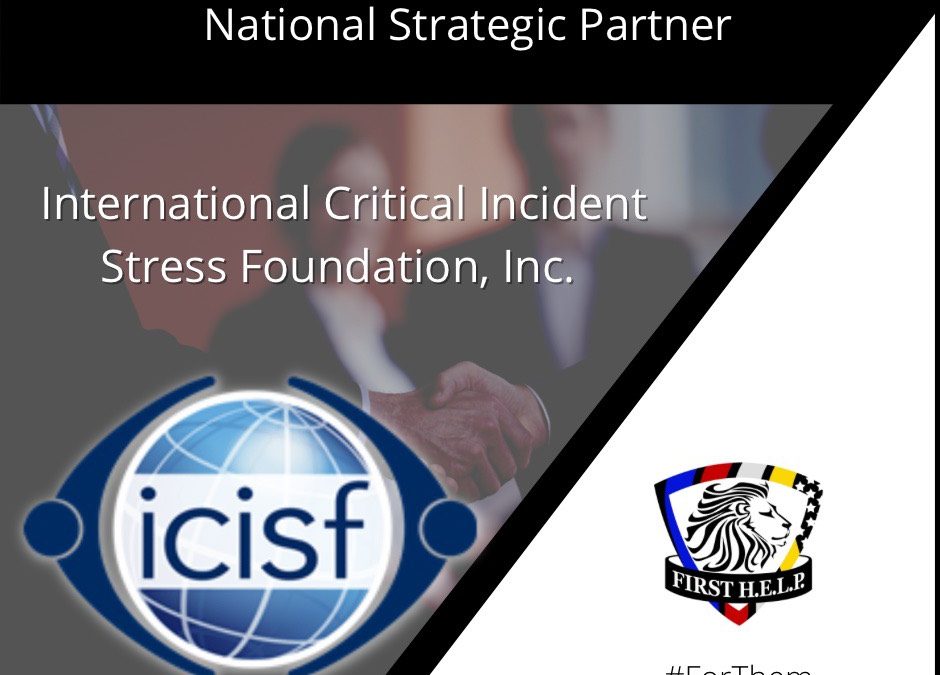I completed my first International Critical Incident Stress Foundation (ICISF) course in 2014 and used the skills I learned there to help first responders mitigate operational stress injuries so they could become more resilient and find a new normal following a traumatic incident. By that time, I was already well versed in the job related trauma of my own and understood the benefits of having an open discussion with peers who had seen and done what I had to do. Job related trauma, training, fighting back for myself, and wanting to help others fight back became the earliest sparks of something much bigger.
What is now First H.E.L.P. came from these sparks and the individual partnerships I made with others who chose to be on the same mission. We all wanted to force a discussion about mental health and suicide within the first responder professions and then take action. Partnerships were a valuable tool early on as they became the cornerstones for our current work and I believe they are just as valuable now.
A chance phone call from a friend would connect me to Kelly Hall, the Business Development Manager of ICISF and a few meetings later would lead both organizations to see the benefit of working together to help first responders across the country manage their own mental health and help their peers when then need arises. ICISF’s work in resource development and training align directly with First H.E.L.P.’s EDUCATE and PREVENT strategy.
ICISF and First H.E.L.P. have taken an actionable step forward in fighting the stigma of mental health issues among first responders by forming a strategic partnership. Those served by both organizations will benefit from the shared expertise and program offerings such as ICSIF’s Individuals in Crisis & Group Crisis Intervention and First H.E.L.P.’s 3P #ResponderReadiness programs. Additionally, resources will be freely shared on social media and found on each organizations website starting today.
First H.E.L.P. and ICISF have historically been selective about the donor and partners we agree to work with because we both know that credibility is vitally important to our missions. The decision today, is no different. Working together will allow both organizations to more efficiently meet the needs of those we serve while making a greater impact across the country.
A little more about ICISF

Critical incident stress can affect anyone, in any setting, at any time, and its affects emotional, physical, and spiritual trauma can linger long after the event. If left untreated, it can upend families and communities. Most people are improperly trained, and even untrained, to prepare for and deal with the aftermath of a critical incident and to provide the support and services needed to allow healing to occur.
Critical Incident Stress Management (CISM) is a method of helping first responders and others who have been involved in critical incidents that leave them emotionally and/or physically affected by those incidents. CISM is a process that enables peers to help peers understand problems that might occur before, during and after an event. This process also helps people prepare to continue to perform their services or in some cases return to a normal lifestyle. The International Critical Incident Stress Foundation, Inc. is a 501(c)3 not for profit organization that provides training and resources for individuals interested in becoming a part of a crisis management team, or for an organization that is dedicated to helping individuals or groups recover from incidents. The mission of the International Critical Incident Stress Foundation is to be the leader in providing education, training, consultation, and support services in comprehensive crisis intervention and disaster behavioral health services to emergency responders, and other professions, organizations and communities worldwide. To learn more about the ICISF, visit our website at www.icisf.org.

